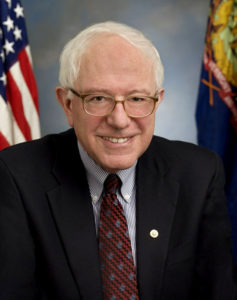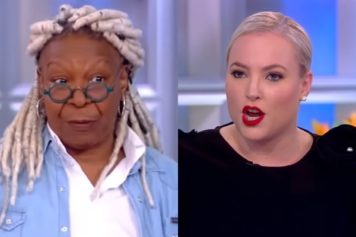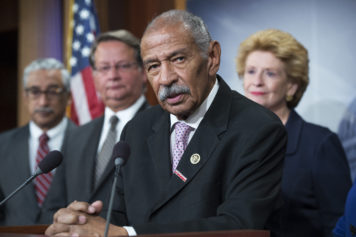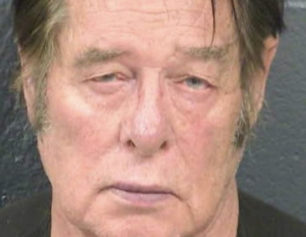Presidential candidate Sen. Bernie Sanders says there is a direct link between Black unemployment and civil unrest.
In an interview with The Nation, Sanders said, “How do you discuss Ferguson and not know that, in that particular community, unemployment is off the charts? How do you discuss Baltimore and not know that, in that particular community, unemployment is off the charts? African-American youth unemployment in this country is 50 percent, and one out of three African-American males born today stands the possibility of ending up in jail if present trends continue.”
Fusion said Black youth unemployment is nearly double the figure of white youths and many Black college graduates are underemployed.
Fusion also reported that according to the Bureau of Labor Statistics, Black youth unemployment in the United States was 24.8 percent in 2014, compared to 12.2 percent of their white counterparts. And more than half of recent Black college graduates are underemployed, meaning that they hold a job that does not require a college degree, according to a study by the Center of Economic and Policy Research.
Sanders is not the only Democratic presidential candidate to talk about Black youth unemployment. Hillary Clinton, the Democratic frontrunner who is being challenged by Sanders, has also talked about the issue. However, she sees it as being more of an economic problem that could be solved by better training and tax incentives.
Fusion reports that last month, Hillary Clinton addressed America’s youth unemployment problem in a speech at South Carolina’s Trident Technical College to a predominantly Black crowd.
“But where Sanders, a socialist, identified Black youth unemployment as a civil rights issue, Clinton portrayed it as solely an economic one, and did not identify specific proposals for Black youth in her speech,” Fusion reported.
Clinton suggested offering a $1,500 tax credit to businesses that hire young apprentices.
“We have a long history of apprenticeships in our country going back into the 19th century,” Clinton said. “When employers invest in on the job training, workers are more productive and businesses are more profitable,”
Sanders, an independent from Vermont, is a veteran civil rights campaigner who traces his political activism back to the fight for desegregation in the 1960s.
“I was very active in the Congress of Racial Equality at the University of Chicago,” Sanders said. “I got arrested in trying to desegregate Chicago’s school system. I was very active in demanding that the University of Chicago not run segregated housing, which it was doing at that time.”
Sanders said the high numbers of unemployed Black youths show we are still wrestling with problems from the 60s.
“Remember the March on Washington—what was it about? ‘Jobs and Freedom,’” Sanders told The Nation. “The issue that Dr. King raised all the time was: This is great if we want to desegregate restaurants or hotels, but what does it matter if people can’t afford to go to them? That’s still the issue today.”
Sanders was a little-known senator before he decided to run for president. His campaign is focused on left-wing issues such as declining wages, the rising cost of college education and providing universal healthcare. He is an Independent who identifies as a democratic socialist, an issue many political watchers feel will hinder his campaign. Sanders isn’t shy about talking frankly about Black issues. Speaking on the Joe Madison radio show, Sanders said slavery was a shameful part of America’s history.
“It destroyed just the lives of so many people. So as a nation — I don’t think as a president — but as a nation we have got to apologize for slavery,” he said.



